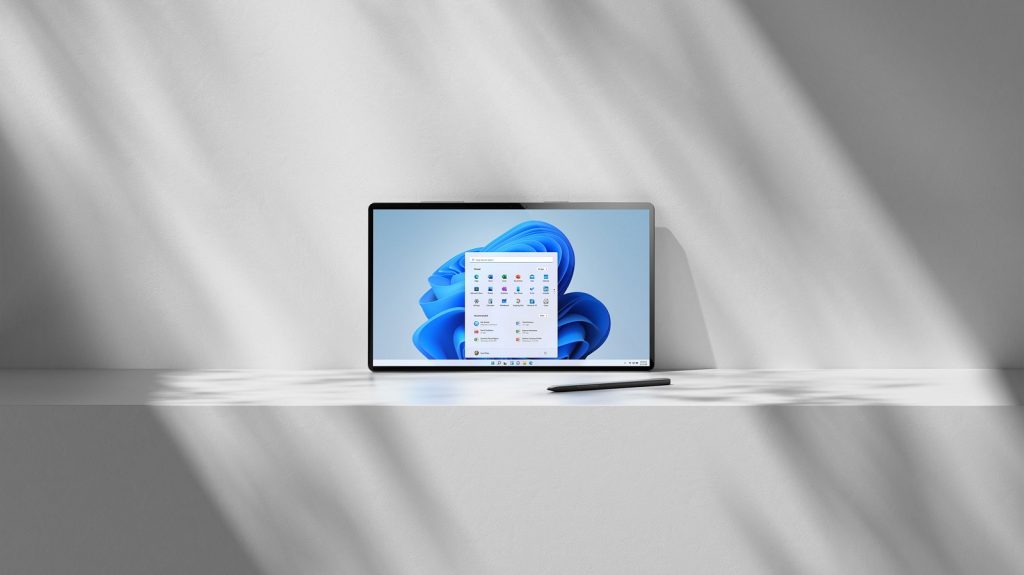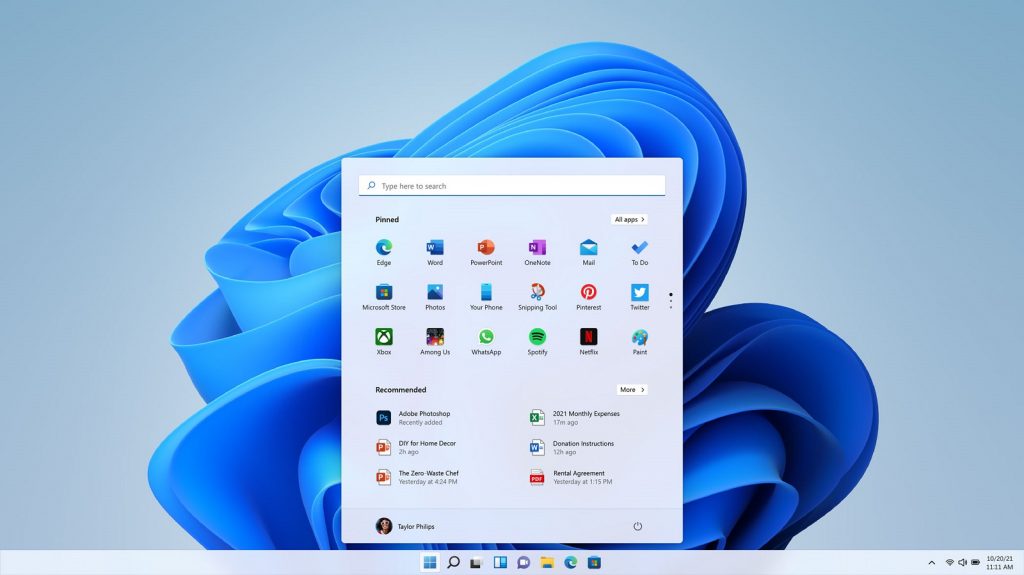With youth unemployment above 60 percent, South Africa is betting on digital skills to drive inclusive growth. Here is how MICT SETA is positioning the next generation for the Fourth Industrial Revolution.
Windows 11 announced: What to know about the new OS

Microsoft unveiled the next generation of its Windows operating system, announcing what’s coming with Windows 11.
The announcement event took place on 24 June, following a week of speculation. Many saw the reveal coming after a preview build leaked and an end-of-support date appeared online for Windows 10.
So what does the new OS promise?
Major reveals include a redesigned look and feel, an optimised tablet experience, an enhanced gaming experience, a personalised news feed and widgets in your taskbar, and a new Microsoft Store.
Windows 11 will also mark the first time that Microsoft is bringing Android apps to the Microsoft Store.
Here are a few of the major highlights and things you should know about Windows 11…
Windows 11 requirements
The system requirements for the Windows 11 OS can be found on the Microsoft website.
Below is a summary of the minimum hardware and firmware requirements your computer will need to run the operating system:
- Processor: 1GHz or faster with two or more cores on a compatible 64-bit processor or System on a Chip (SoC)
- RAM: 4GB
- Storage: 64GB
- System firmware: UEFI, Secure Boot capable
- TPM: Trusted Platform Module (TPM) version 2.0
- Graphics card: Compatible with DirectX 12 or later with WDDM 2.0 driver
- Display: High definition (720p) display that is greater than 9-inch diagonally, 8 bits per color channel
You will also require an internet connection and a Microsoft account to finish setup for the first time for Windows 11 Home Edition.
You can use the PC Health Check App to see whether your computer will be compatible with the new OS.
If all your hardware meets the requirements, but you get a message that your system is incompatible, it’s likely your TPM version or Secure Boot holding you back.
However, these are issues you can fix by accessing your computer’s BIOS, as long as you know what you’re doing.
When will Windows 11 launch?
Windows 11 will start rolling out at the end of 2021, or as Microsoft notes, “beginning this holiday season”.
Meanwhile, Windows 10 users will be able to start upgrading from early 2022.
“The upgrade rollout plan is still being finalised, but for most devices already in use today, we expect it to be ready sometime in early 2022,” Microsoft says.
The first Windows Insider preview of the OS will be available next week. This means Microsoft will release the first preview build to Insider programme members sometime between 28 June and 3 July.
Will Windows 11 be free?
Windows 11 will be available as a free upgrade for eligible Windows 10 users and PCs.
Microsoft notes that only Windows 10 PCs that have the most current version of Windows 10 and meet the minimum requirements will be able to upgrade.
New features
The operating system features a redesign and a range of new productivity features.
One of the most noticeable aesthetic changes is the placement of taskbar icons and Start menu at the center.
Windows’ Snap feature, which lets you place different windows in preset areas around your display, has been optimised to provide different multi-window formats. This means less time spent trying to fiddle around getting your windows in place.
Meanwhile, the switch between PC and tablet mode on hybrid devices has been changed to make tablet mode feel more intuitive, according to Microsoft.
Switching between multi-screen and single-screen setups has also been made more convenient, with automatic configuration that doesn’t require you to rearrange your windows when plugging your device in and out of additional displays.
Microsoft Teams has also been integrated directly into the Start menu, to make use of the app more convenient.
You will also be able to switch between different custom desktop setups, such as a work desktop, gaming desktop, and home desktop.
Gaming features
Microsoft also touts Windows 11 as the best Windows OS for PC gamers. The operating system will apply Auto HDR to all games you play on the system, so long as the games support DirectX 11 or higher.
The OS can also optimize loading times by using DirectStorage. This feature loads game assets to the GPU to render games faster.
The Xbox App is also built directly into Windows 11 to make it easier for gamers to access services such as Xbox Game Pass for PC.
Feature image: Microsoft
Read more: Google releases Android 12 beta: Here are the highlights



